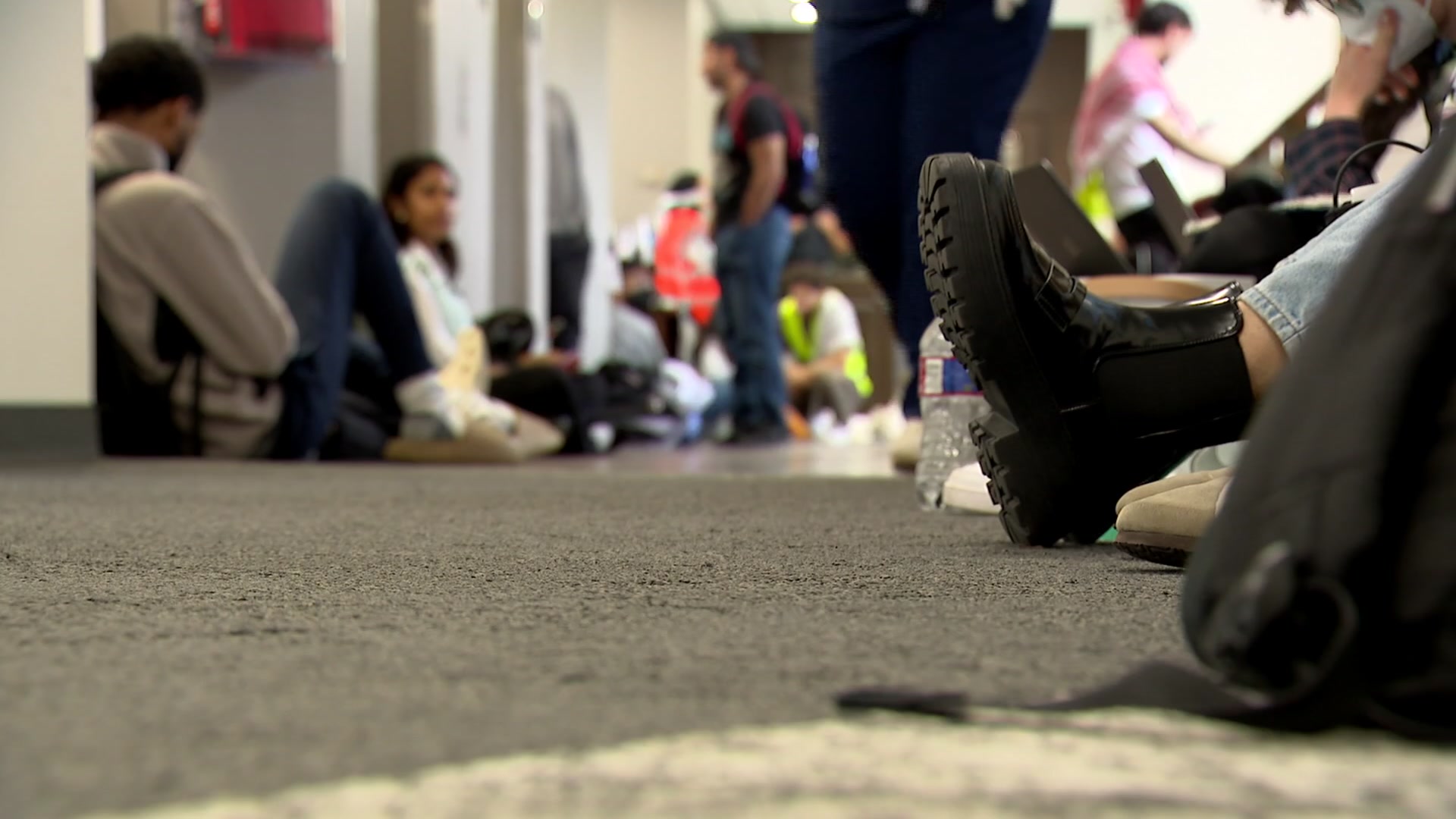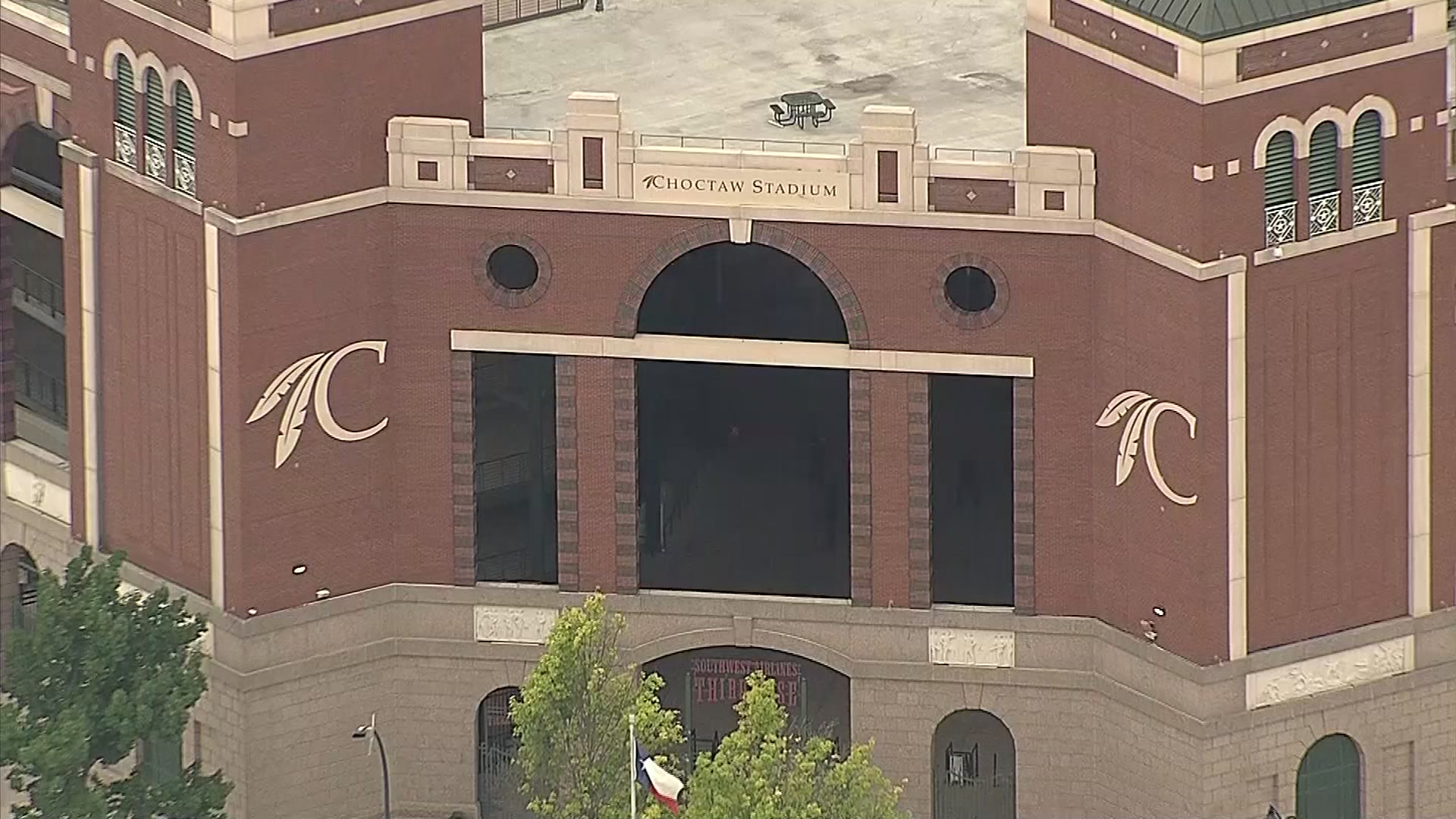Hostage negotiators may have one of the toughest and most stressful jobs in law enforcement, but a team of Fort Worth police officers is trained to stay calm and talk gunmen into releasing their hostages and surrendering.
"Some people think negotiators are good talkers, but it's actually being a good listener,” said veteran officer David Garcia.
Garcia, a hostage negotiator for 17 years, said he tries to treat the gunman with respect.
"We try to personalize things,” Garcia said. “We want to talk to them like a human, a normal person. We just want to make things as simple as possible."
Local
The latest news from around North Texas.
The Fort Worth Police Department provided several hostage negotiators for rare interviews. The department also allowed our cameras inside its high-tech command post — a large RV decked out with the latest technology.
It includes eight radios, four computers, high-speed Internet, and two-way radios capable of communicating with firefighters and paramedics.
"It does get a little busy in here,” said officer Mike Wiles, a technical specialist who keeps the RV ready to roll on a moment’s notice.
It can be set up in just two minutes, he said.
Negotiators try to establish an open phone line with the gunmen.
When a hostage is being held, the situation is more tense. Negotiators said they focus first on the hostage.
"Innocent life is number one,” Garcia said. “If we can get a hostage out, that's the best outcome. After that, the hostage-taker himself. That's the next goal."
Another negotiator, officer Billy Mitchell, said they work as a team and never make a promise they can't keep or mislead anyone.
"We do not lie,” Mitchell said. “That is one of the rules of hostage negotiation."
If police lie to try to quickly resolve a standoff, it could backfire in the future if the same gunman is involved in another standoff, Mitchell said.
Mitchell said he became interested in becoming a negotiator when he was a young patrol officer.
"When I was a rookie, I talked someone out of a situation,” Mitchell said. “He had a knife to his mother's neck. And that ended peacefully. [We] ended up taking the guy to the hospital and he got the help he needed. But that sparked an interest in doing this kind of work."
Negotiators are not part of the SWAT team, but both work together.
"Time is usually on your side,” Garcia said. “Each situation can be different. If people are inside and the person is getting more and more agitated, we're going to have to make decisions."
Some standoffs can drag on five hours or longer.
At the end, it is rewarding when there are no injuries, the negotiators said.
"You're drained. It’ll take a lot out of you,” Garcia said. “The longest one I had, I went home. I was so exhausted, mentally exhausted. I was done."
In situations that end with a gunman taking his own life, or in the unusual cases when SWAT officers shoot a gunman, the negotiators said they sometimes second guess themselves but know they did the best job they could.
"We're never going to fix their situation right then and there,” Garcia said. “But we are going to offer them alternatives. We are going to convince them this is not the way to do it and they need to come out."



